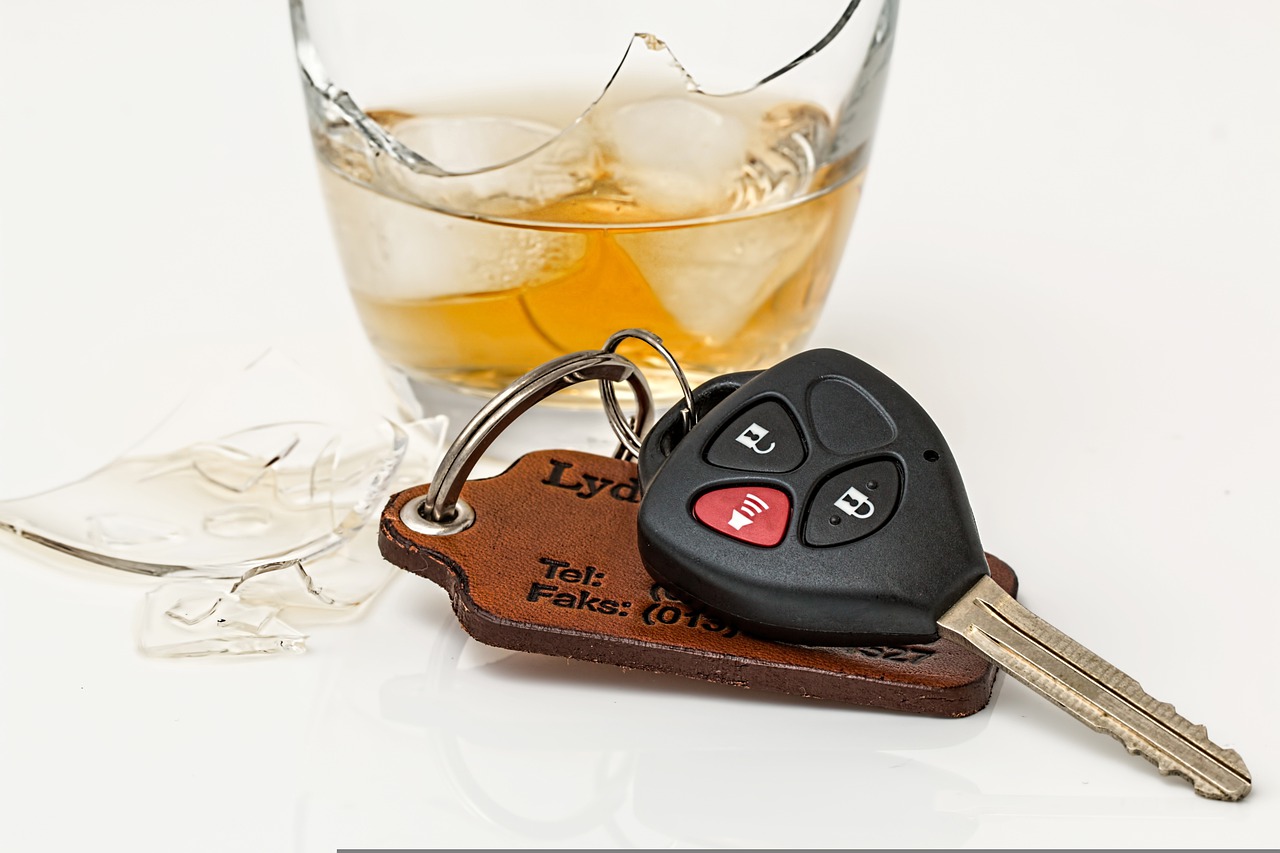Dealing With a DUI When You’re Sober
When you are in recovery, you may find that you have a few administrative issues to take care of. Getting on top of them will enable you to feel more confident about your progression. Of course, some tasks are easier than others. If you were charged with a DUI offense before you embarked on the road to recovery, you may wonder where to start. DUI takes second place on the list of the top five factors involved in fatal crashes, topped only by speeding. Receiving a DUI is a stark reminder to take better care on the road to avoid serious consequences. The following tips may help lighten your burden, so you can get back on the road if required for your employment or personal life.
Seeking Legal Advice
In the majority of states in the U.S., it is possible to receive jail time for a DUI conviction, even if it is your first time. However, most states either do not have mandatory time in prison, or their minimum time amounts to a few days. Most states also impose a fine of between $500 and $2,000 for a first-time offense. Your license may also be suspended for several months or even a year. However, some states grant restricted driving privileges for purposes such as going to work. Regardless of whether this is your first DUI or not, seeking legal help from specialized professions is vital, as they can conduct an appeal on your behalf or find another way to reduce jail time and/or the amount of your fine.
Taking Steps to Be a Responsible Driver
Prioritizing your safety as a driver is key once you are able to drive again. Unfortunately, DUI charges remain for 10 years on your records, so keeping your record as clean as possible is essential. Embrace any DUI courses you are offered to reduce your sentencing, avoid jail time, or lessen your fine. The shortest courses are around 12 days long, but you may also find that counselling from a trained therapy helps. Cognitive-behavioural therapy is typically the gold standard in this case. It can help you discover the connection between emotions and drinking, teach you how to navigate high-risk situations, and give you vital skills that will help you withstand criticism and pressure, communicate your emotions, and solve problems efficiently.
Finding Alternative Ways to Get Around
If the right to drive is removed from you, consider sustainable, low-cost ways to get around. If you live far from work, public transport is scarce, and you’re renting, think about the possibility of moving, so you can walk or cycle to your office. Harness the power of social media channels to connect you with people who may have a similar work schedule and be happy to accept a reasonable amount to get you to and/or from work every day. If you are job-seeking, then finding a telecommuting job will be ideal while you are unable to drive.
If you are in recovery, you may be facing the consequences of a previous DUI. Seeking legal advice is key, in order to lower the impact of this offense, so you can forge ahead with your professional and personal life. Therapy can be of great help in understanding your emotions. Finally, finding creative, economical and above all sustainable ways to get around can open up new worlds for you.








1 Comment
Thank you for letting me be in the rooms. Did not know DUI stays on your record for 10 years.